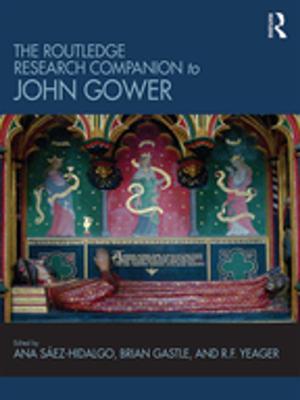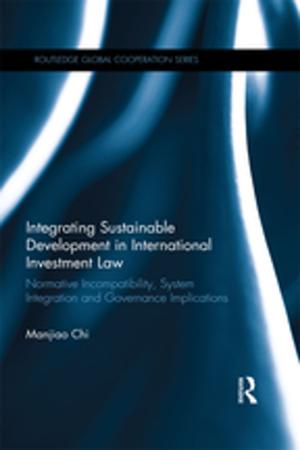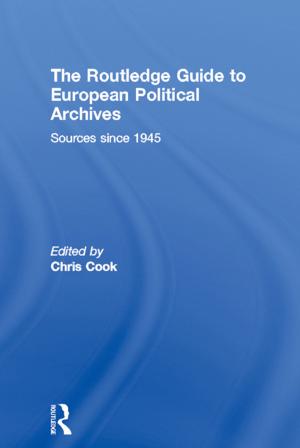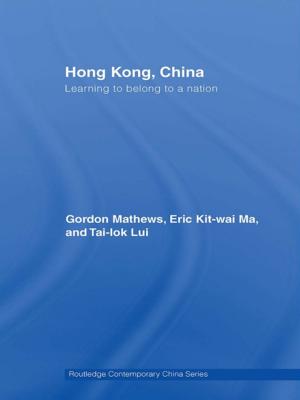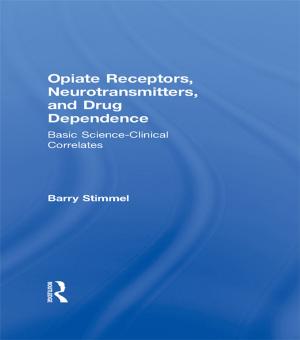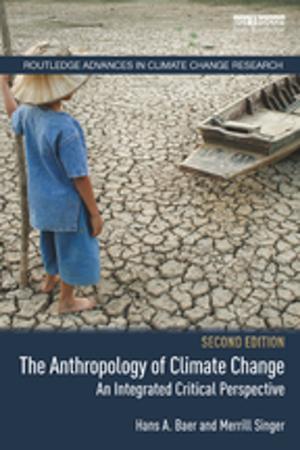Contexts of Learning Mathematics and Science
Lessons Learned from TIMSS
Nonfiction, Reference & Language, Education & Teaching, Teaching, Teaching Methods| Author: | ISBN: | 9781134232154 | |
| Publisher: | Taylor and Francis | Publication: | April 18, 2006 |
| Imprint: | Routledge | Language: | English |
| Author: | |
| ISBN: | 9781134232154 |
| Publisher: | Taylor and Francis |
| Publication: | April 18, 2006 |
| Imprint: | Routledge |
| Language: | English |
This book is the result of research from over fifteen countries, asking which background and environmental factors influence achievement in mathematics and science. This research is based on data from the Third International Mathematics and Science Study (TIMSS), which was conducted under the auspices of the International Association for the Evaluation of Educational Achievement (IEA) in 1995 and 1998.
In many countries researchers have started secondary analysis of the data in search for relationships between contextual factors and achievement. In these analyses two different approaches can be distinguished, which can be characterised by the metaphors of ‘fishing’ and ‘hunting’. In the ‘fishing’ approach, researchers begin with an open mind, considering all possible context variables as potentially influential. Applying analysis techniques such as regression analysis, Lisrel, PLS, HLM, and MLN, they then identify important factors within their countries or across a number of countries. In the ‘hunting’ approach, researchers hypothesise certain context variables and trace the effect of these variables on mathematics and/or science achievement.
This book is the result of research from over fifteen countries, asking which background and environmental factors influence achievement in mathematics and science. This research is based on data from the Third International Mathematics and Science Study (TIMSS), which was conducted under the auspices of the International Association for the Evaluation of Educational Achievement (IEA) in 1995 and 1998.
In many countries researchers have started secondary analysis of the data in search for relationships between contextual factors and achievement. In these analyses two different approaches can be distinguished, which can be characterised by the metaphors of ‘fishing’ and ‘hunting’. In the ‘fishing’ approach, researchers begin with an open mind, considering all possible context variables as potentially influential. Applying analysis techniques such as regression analysis, Lisrel, PLS, HLM, and MLN, they then identify important factors within their countries or across a number of countries. In the ‘hunting’ approach, researchers hypothesise certain context variables and trace the effect of these variables on mathematics and/or science achievement.


